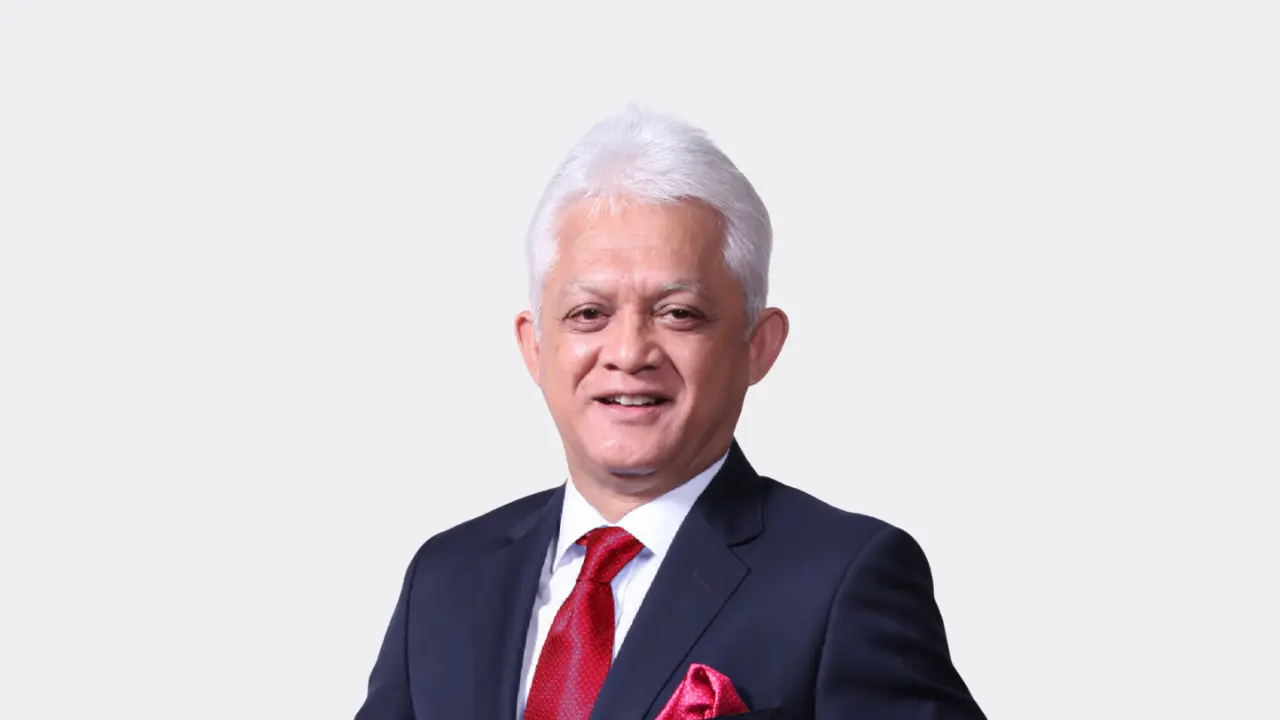Malaysia is positioning itself as the preferred destination for semiconductor investment in Asia as the government unveils new policies and strategic marketing initiatives led by the Malaysia External Trade Development Corporation (Matrade).
In an interview with GMI POST, Matrade CEO Datuk Mohd Mustafa Abdul Aziz reaffirmed his country’s goal to become a global leader in the semiconductor sector, setting down a path similarly laid down by its regional neighbors.

Our ecosystem is highly developed.
Malaysia External Trade Development Corp. CEO Datuk Mohd Mustafa Abdul Aziz,
While Asia is often known for manufacturing and low-value-added industries, Malaysia stands out because of its strong export sector with electronics and electrical products (E&E) accounting for nearly 40% of total exports. In 2023, Malaysia’s E&E trade reached $205 billion, prompting global giants like Intel, Infineon, and Texas Instruments to expand their presence in the country.
“Our ecosystem is highly developed,” said Mustafa, who also highlighted Malaysia’s reliable banks, legal frameworks, and infrastructure as critical factors in attracting semiconductor investors.
Matrade’s network of 49 global offices further enhances Malaysia’s appeal as a hub for multinational corporations operating in the ASEAN region.
Malaysia’s semiconductor ambitions align closely with the New Industrial Master Plan (NIMP 2030), which envisions the country shifting from a production-only role to high-value functions like testing, data centers, and R&D. This evolution is set to boost Malaysia’s position as a high-tech semiconductor hub.
Beyond semiconductors, Malaysia’s economic diversity is showcased in its thriving halal market. The Malaysia International Halal Showcase (MIHAS) recently set a Guinness World Record for its attendance, underscoring another of Matrade’s success in promoting Malaysian goods.
